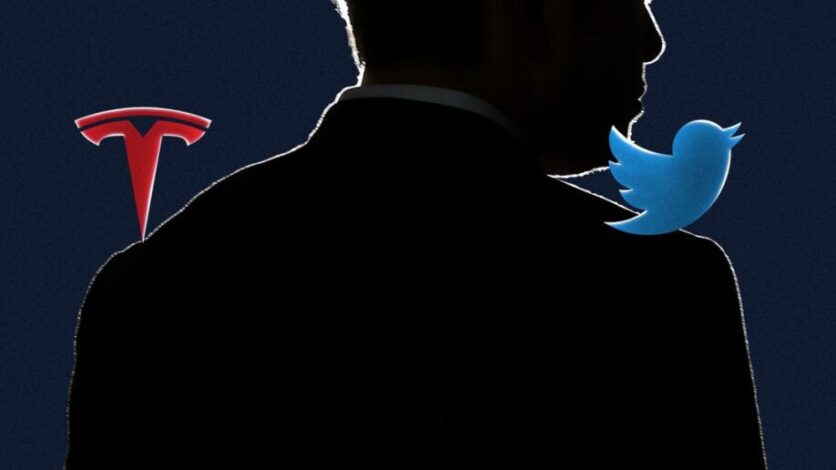Tesla shareholders woke up on April 4, 2022 on top of the world. $10,000 invested a few years earlier could buy a condominium in most American cities. Elon had made good on moonshot promises, rescuing the company from the brink of bankruptcy and gaining first-mover advantage in the EV and autonomous vehicle race by something like a decade.
When a story broke that morning that he had purchased a 9.2% stake in Twitter, I doubt those investors sounded any alarms. After all, he had started and scaled multiple companies while running Tesla.
Today, the market values Musk’s baby at about half of what it did on that Monday morning.
There are a lot of reasons for this. Maybe Tesla had been too hyped, its valuation not supported by the underlying economics of the business. For sure, the overall EV market has taken a hit. Demand has slowed and legacy automakers have introduced a number of competing vehicles. And there’s a growing risk that lower-cost Chinese EVs will cut into Tesla’s forward-looking earnings.
But what role did the Twitter/ X acquisition play? For most of Tesla’s history, Elon has put on a master class in how to leverage publicity as free marketing, building the brand of Elon while he built the brand of Tesla. Had he overused his social media savvy?
We’re told that focus delivers results. Steve Jobs suggested that it’s not enough to say “yes” to great ideas; the real challenge lies in saying “no” to most of them. Elon had defied this logic. He was building rockets and launching satellites and investing in AI start-ups and tweeting at all hours.
Can we quantify distraction’s impact?
In a 2007 paper entitled “Where Are the Shareholders’ Mansions?” Crocker Liuand David Yermack studied real estate purchases by CEOs of every S&P 500 firm. Their conclusion: “future company performance deteriorates when CEOs acquire extremely large or costly mansions and estates.”
Pretty novel way to interrogate the impact of distraction. When you’re thinking about chandeliers for your entranceway, you’re not thinking about new channel partners. When you’re entertaining at your 35,000-foot villa, you’re not listening to your team and perhaps you’re signaling a waning commitment to the business. The deterioration was more pronounced when the CEO sold company shares of stock to finance the acquisition
Might this logic hold true for Musk’s $44 billion effort to “free the bird?” When you’re buying and re-branding and moderating a social media platform, you’re not maniacally focused on taking cost out of lithium battery production.
Right now, it’s hard not to see the endless Elon news as anything but a distraction. He’s suing OpenAI AI. A Delaware court has invalidated his pay package. He’s feuding with Bob Iger and defending himself against WSJ reports of drug use. There’s a new story every day.
Focus matters. Even for Elon. Even in times of uncertainty. Especially in times of uncertainty. We can all use that reminder once in a while.
